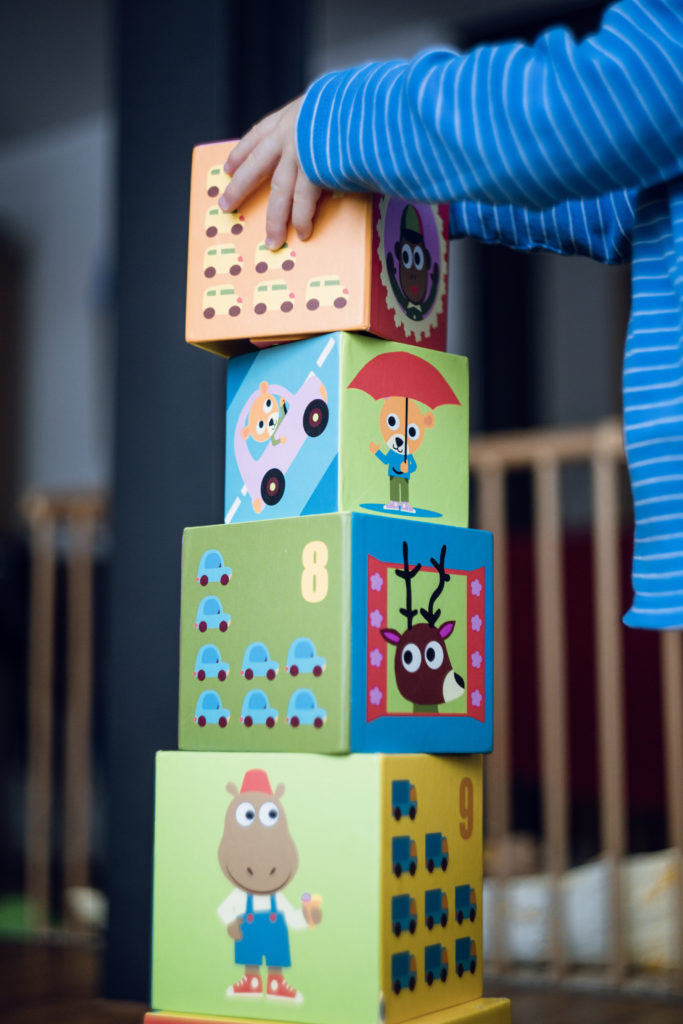
“My daughter is 7-year-old and is on the spectrum. Before the lockdown, she had a shadow teacher in school and was also getting remedial education services. With online classes now, there is quite some dilemma as to what will help her the best.”
The lockdown induced by the outbreak of Covid 19 has affected the education of young, school going children immensely. It is being predicted that school shutdowns is having, and may continue to have, some major repercussions. This interrupted school year has been particularly hard for children with special needs. The sudden break from the usual classroom learning, teacher interaction, peer socialization and extracurricular activities, and a seemingly sudden requirement to adjust to a newer mode of learning has been confusing to most kids. This is truer for kids with special needs.
For children, school has always been so much more than just an educational institution. While a good majority of schools have now started engaging their students in online, virtual classrooms, there is certainly no replacement to the physical classroom setting. Even as they are now settling in with this new mode of learning, young kids often need additional support or require their parents to sit with them throughout the online school hours. Besides technical help, adjusting to screen learning, trying to understand instructions online, sitting for hours in front of a screen and many such expectations are novel for special needs kids.
But, better some learning than nothing at all!
Special education – Frequently asked questions (FAQs)
There is yet no clarity on the dates of school reopening and confusion still exists surrounding other modes of learning. Besides kids, parents are equally puzzled with what is the best way to ensure that their ward continues to learn and grow, even in these unpredictable times. So, here we answer some FAQs surrounding special education that we have been asked over the past 2 months, regarding special education during Covid 19.
Q 1 – Will homeschooling be beneficial?
To answer simply, Yes.
Homeschooling is the practice of educating children at home, or other place outside school. Parents, tutors, or online teachers usually conduct home school sessions. In these times, where schools are shut, homeschooling can be a powerful exercise for kids with special needs. It is quite natural that this sudden elongated break from the usual routine may have caused special needs children to forget the skills that they had worked hard to learn. But, if they can learn it once, they can surely do it again!
What is the best way to do this?
Parents can spend a fixed amount of time every day learning something new. Just revising the previously learnt material will also help in keeping it in practice. Homeschooling need not be strictly academic; you can take this time to work on your child’s behavioral, social and interpersonal skills.
(Silver lining – If schools were on, this would have been highly difficult.)
However, it is important for parents or tutors to take the responsibility of providing a holistic learning environment at home. The homeschooling time must have adequate opportunities for the child to explore and solve problems on their own. It must replicate a social learning environment, thus giving the child a sense of independence. You may plan and decide on some specific goals for the child, specific areas of his/her functioning that they need help with. It may also help to map your progress over time.
It may seem difficult to get the child to learn with all seriousness at home. Things are going to be messy, but messy doesn’t have to mean inadequate. Learning with you can be more fun and allowing for some giggles and laziness, as opposed to fixed, tightly structured school hours. In addition, homeschooling may compensate for the lack of social interaction for the child that has followed the lockdown.

So yes, decide with your child a fixed time of the day where you will be sitting together to learn. You can make it fun by creating a classroom set up at home, with soft toys and having a ‘time table for the day’. Playful learning is always much more effective.
Q 2 – How can I ensure quality learning at home?
Before answering this question, here’s something important – Your child is probably taking this time off school as a vacation. Recognize this tendency and keep study time only as much as the child can take. Refrain from stressing too much on learning.
Home environment provides a golden opportunity to explore while learning. To ensure that your child uses this time to learn something significant, the traditional methods of keeping a schedule and records work the best. You can start by identifying some concerns that you wish to help your child with. Usually, we suggest take no more than 4 – 5 goals to be achieved in a month. You may then work on one thing / goal per week. Think of activities, materials and resources that you believe will aid in the understanding of your child.
Want some teaching tips?
To help him learn faster, make everything multi modal. Teach your child in a way that gets in engrossed and interested in things. You may incorporate his likings and favorites. For example – If a 4-year-old child is a gustatory learner and enjoys food, and the goal is to teach him the alphabets, you can pour some ketchup in a plate and have him write a, b c using his finger. This way, it is not just uninteresting books and pencils, but something that your child will look forward to. (Trust us, it will be worth the mess created.)

Keep a record of things achieved. If your child has regressed, note that too. This documentation may help to get additional help for anything that the child has missed due to the school shutdowns.
Q 3 – Can this increased screen time lead to internet addiction? How can I tackle this?
Most kids have been using some form of media for entertainment or attending classes. Screen time has increased comparatively and many parents worry if this may become an issue. Well, your concern is justified. With lowered physical movement and peer interaction, Tv or online games seem to be the only source of entertainment. And the schools are now expecting kids to be online for the classes for hours together. Too much time on screen may lead to problems like obesity, difficulty in falling asleep, irritability and headaches for special needs children.
If you feel like this is becoming a problem for your child, here are some things you can do –
a. Make off screen time interesting.
This may mean that you’ll have to spend more time with them and the house will not be speck clean always, but engage them in activities offline. Simple games, things that they can do on their own like trying experiments, building a Lego castle, coloring or anything of interest to your kid.
b. Schedule screen time.
Discuss with your child and set a fixed amount of time that they get to be online. Make sure to give them an alternative option of entertainment and fun time. It is suggested to involve your child in this negotiation and make it a mutual decision.
c. Kid-proof your browsers.
You can control how much of media is consumed by your child but your may not always be able to control the content s(he) is exposed to online. It is very important to ensure that your kid is safe on internet. You can block certain sites or install parental control apps on your devices, which screen out any age-inappropriate content.
Q 4- Should we continue special education services?
It is being advised to not discontinue any of the special education or other health care services that special needs kids were receiving before Covid. Speak to the concerned professionals; many special educators and health care professionals have started providing tele-care services. Discuss about the feasibility of continuing those services for your child.
Q 5 – Will it be safe to send my child to school once it reopens?
We believe that the state and the school authorities will ensure complete safety and sanitization before asking students to come back to classes. Do reach out to the authorities if you still doubt or are unaware of the measures taken by your child’s school.
Important – There is yet no clear report that having intellectual or developmental disabilities, by itself, makes the child more or less vulnerable to the virus. Teach your child the necessary precautions and help them keep their immunity high.
Note for parents:
Be easy on yourself. These months have been very difficult and tiring for your child and more so for you. Do not feel low about yourself if your child has one bad day. It could just be a natural response to the lingering boredom and unpredictability that surrounds. In case you feel like your well-being is being compromised with the added workload, reach out for help now.
Here are some simple resources that we think may help –
A guide for parents of children with disabilities – issued by UNESCO
Advice for caregivers of children with disabilities in the era of COVID-19 – an interesting read by APA
We, at Starlit Services, have been providing online remedial and comprehensive education, and shadow teaching sessions to kids with special needs, owing to the lock down and school shutdowns. We hope to resume at home and at school services soon, as the state allows. To know more about our services, please visit https://www.starlitservices.com/

